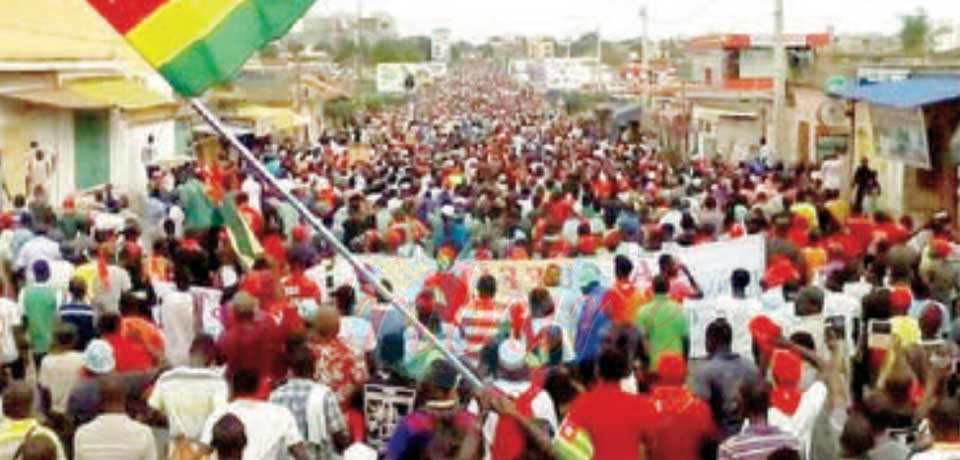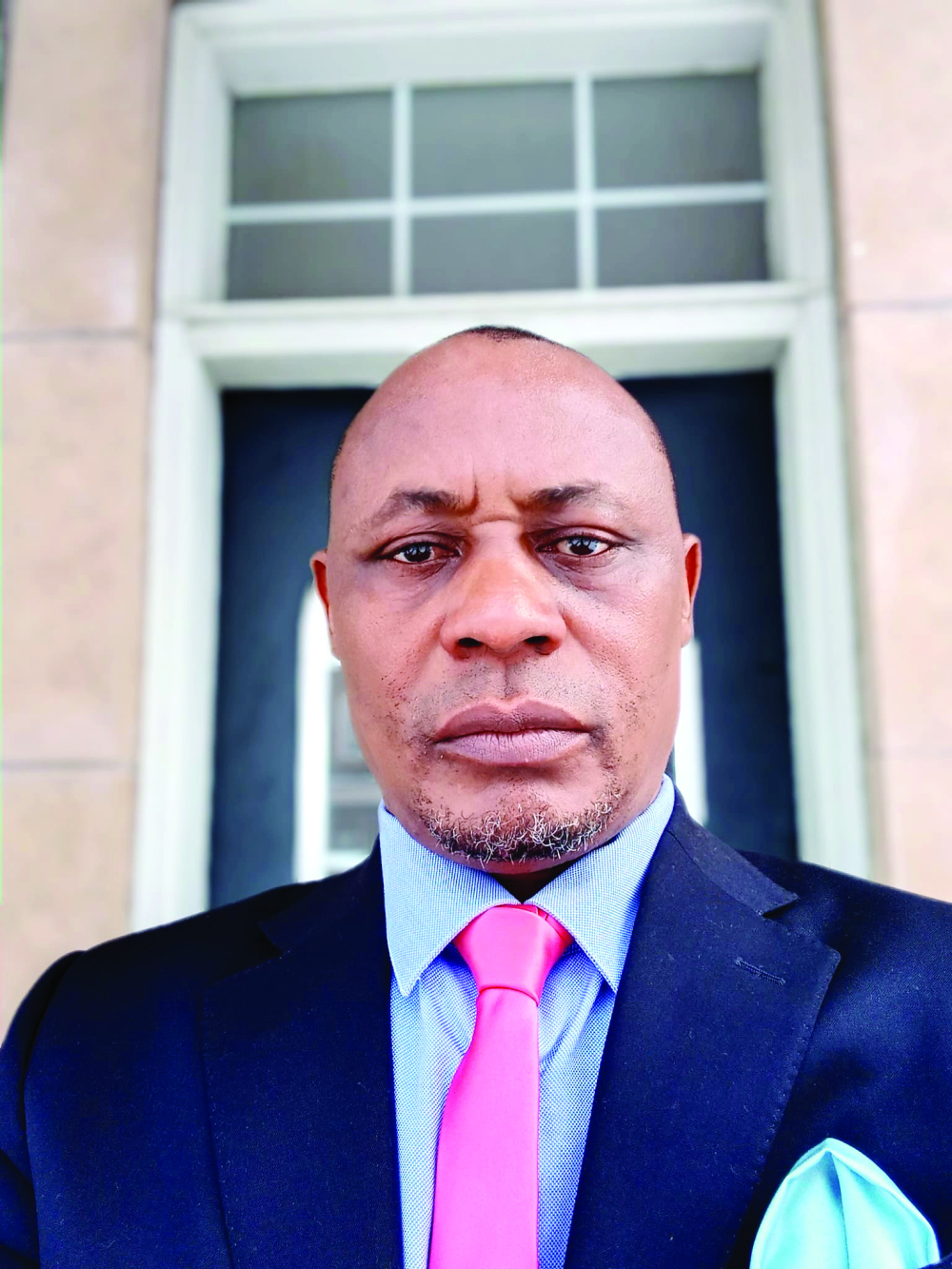Measures Taken So Far
- Par Eldickson Agbortogo
- 30 mai 2025 13:06
- 0 Likes
Since the institution of the 1994 law, the land distribution process has made little progress.
Land ownership in South Africa remains a deeply divisive issue, with racial disparities persisting three decades after the end of apartheid. White South Africans, who make up just 7.8 percent of the population, own 72 percent of the land, while Black South Africans, who constitute 81.4 percent, control only 4 percent, according to the 2017 land audit. The roots of this inequality date back to the 1913 Natives Land Act, which initially confined Black South Africans to just 7 percent of the land. This allocation was later increased to 13 percent under the 1936 Native Trust and Land Act. Though the process has been slow since post-apartheid, some significant measures have been taken.
Since Apartheid ended in 1994, the South African government has endeavored to rebalance land-ownership through restitution for those dispossessed under Apartheid, land redistribution, and land-tenure-system reform. The cornerstone of these efforts was the Restitution of Land Rights Act, which became the first law passed by the democratic parliament in 1994. The Act created the Commission on Restitution of Land Rights and the Land Claims Court as key institutions to process and adjudicate claims, while providing for various forms of redress including land restoration, alternative land, or financial compensation. The legislation represented the new democracy’s first major step toward addressing historical land injustices, setting criteria for who could claim restitution and establishing procedures for how claims would be investigated, negotiated, and settled. Land reform efforts have continued in various forms ever since, including through social policy and incentives, as well as the legislation that triggered Trump’s ire.
On January 23, 2025, after years of deliberation by various branches of government, South African President Cyril Ramaphosa signed the Expropriation Act. The law establishes how the South African government can legally take private property for public use. This is hardly a novel concept; eminent domain laws...
Cet article complet est réservé aux abonnés
Déjà abonné ? Identifiez-vous >
Accédez en illimité à Cameroon Tribune Digital à partir de 26250 FCFA
Je M'abonne1 minute suffit pour vous abonner à Cameroon Tribune Digital !
- Votre numéro spécial cameroon-tribune en version numérique
- Des encarts
- Des appels d'offres exclusives
- D'avant-première (accès 24h avant la publication)
- Des éditions consultables sur tous supports (smartphone, tablettes, PC)














Commentaires